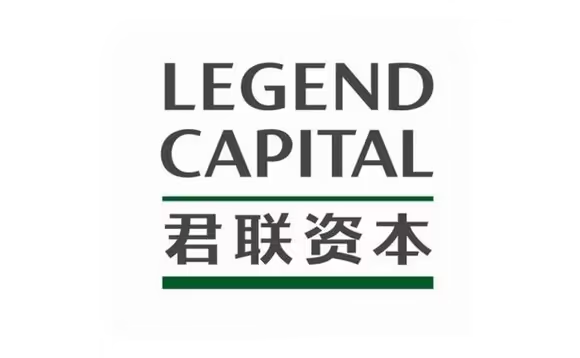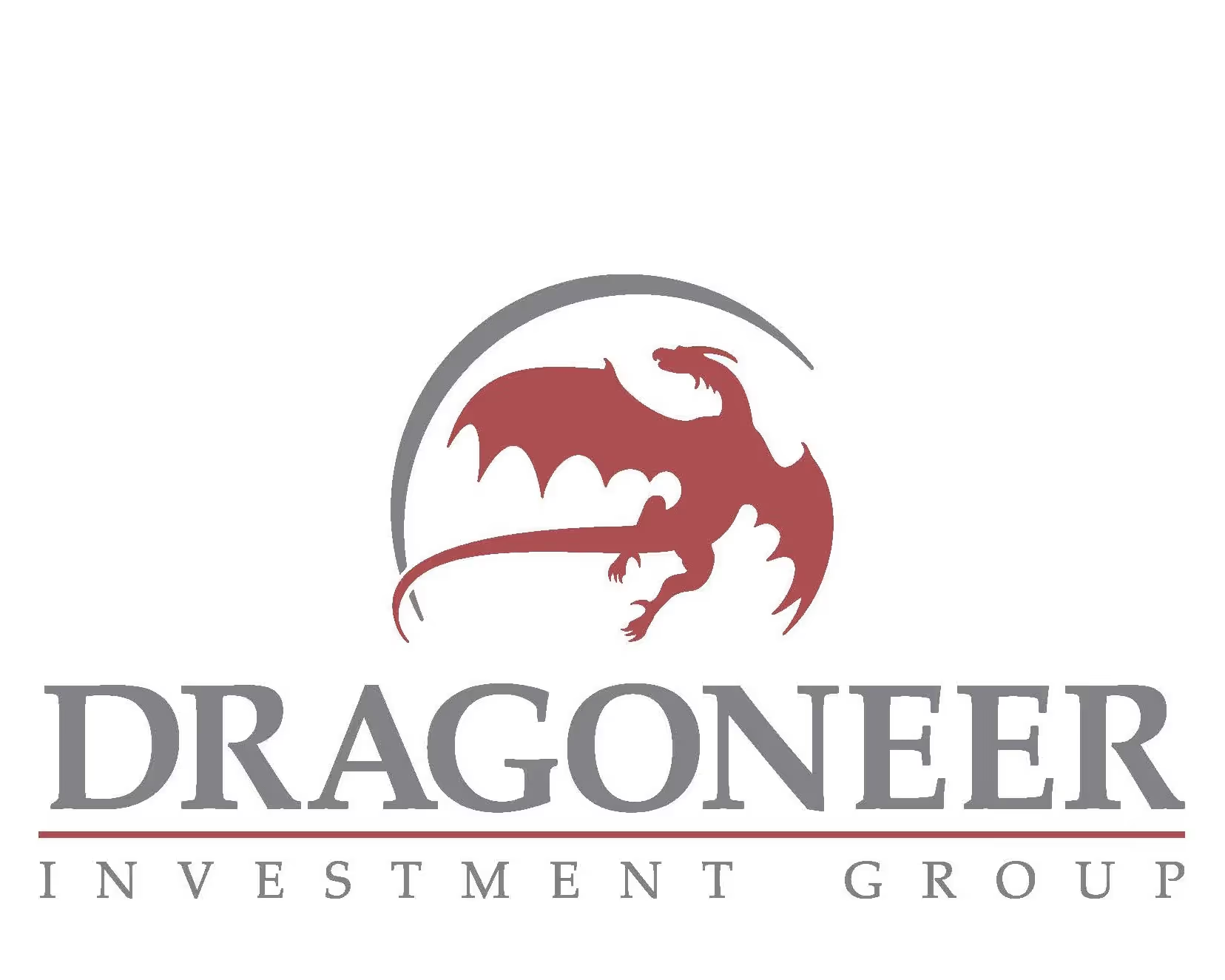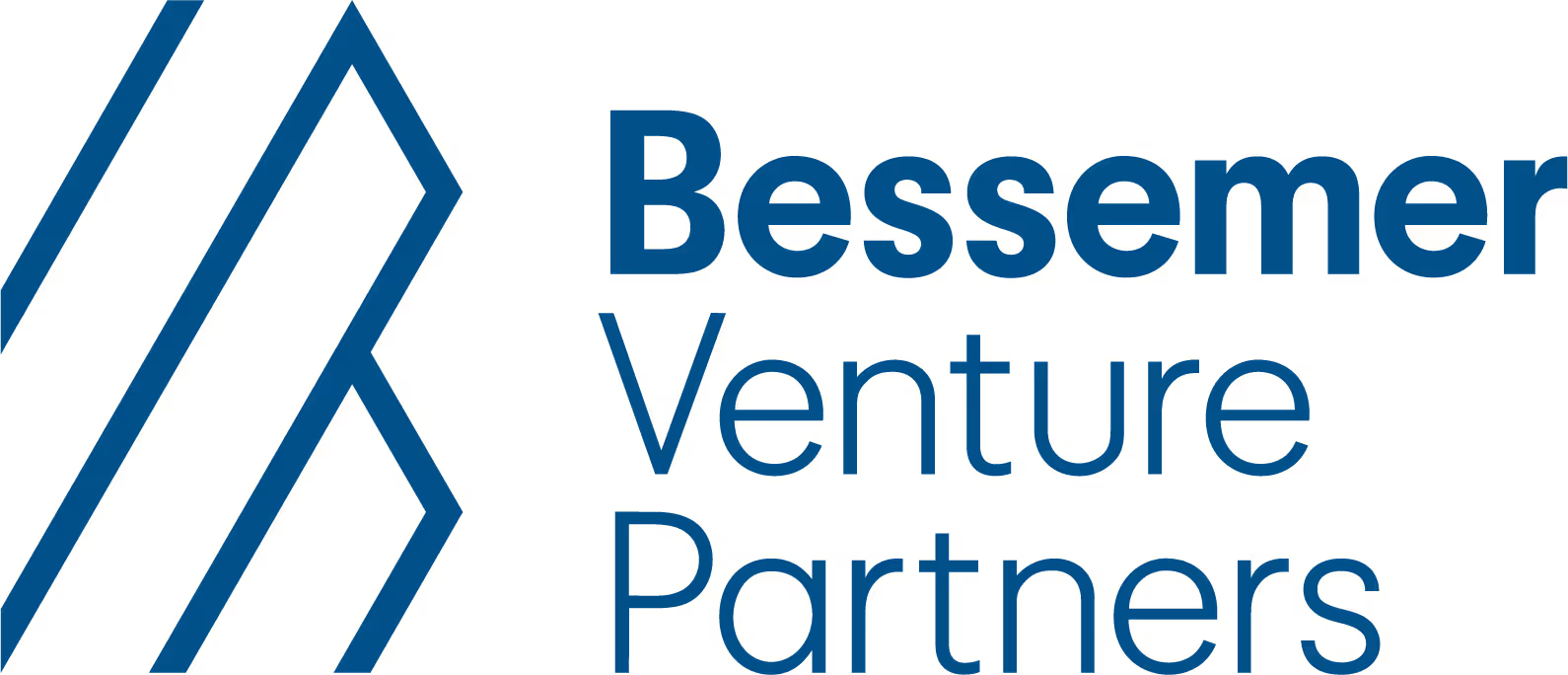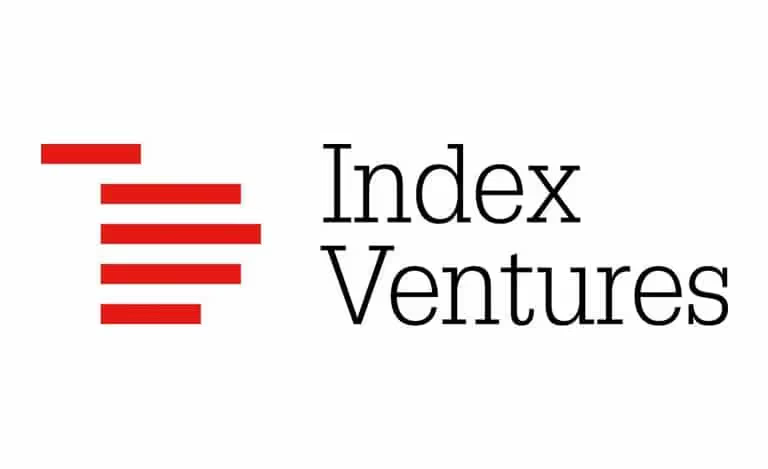The VC investment levels in 2024 didn’t reach the record highs of previous years, but 2025 predicts an opportunity-rich venture capital environment. The economic uncertainties have made investors more cautious in their investment decisions. As a result, this selectiveness has popularized some sectors.
In 2024, the global VC investments were focused on technology, healthcare, financial services, innovation, renewable energy, e-commerce, and real estate. The VC ecosystem is seeing optimistic tides in 2025.
The tech, healthcare, and fintech industries are expected to attract more investments, especially on the onset of AI. The sustainability sector will also be among the most popular driving forces of venture capital attention.
Understanding this ongoing evolution will help new entrepreneurs and investors grasp where the right opportunities are and what factors will influence the flow of capital into startups.
As we move into 2026, we’re seeing a standout year for tech mergers and acquisitions. Firms - startups and VC funders - now make project management tools like the DealRoom M&A Optimization Platform a central part of their due diligence process. This is the DealRoom overview of the world’s top 15 venture capital firms in 2025.
List of the 15 Largest Venture Capital Firms in 2026
With the global venture capital investment market size reaching US$ 284.4 Billion in 2023, you might be wondering who the industry's biggest players are.
Following is a list of the top 15 venture capital firms in 2026.
1. Tiger Global Management

AUM: $58.515 billion
Location: New York City, NY
Although Tiger Global is not only a venture capital fund – it also operates in private equity, hedge funds, and other forms of investment – it has been the most prolific of any US venture capital fund since before the beginning of the pandemic. Its high-profile investments in 2025 include Briq, Wiz, Scribe.
2. Sequoia Capital

AUM: $55.7B
Location: Menlo Park, CA
Arguably the most famous of all the VC firms, the mere mention of Sequoia Capital as the lead investor has a tendency to bring other investors onto the ticket. They rarely get it wrong. Famous investments include Apple, Cisco, Google, Instagram, LinkedIn, PayPal, WhatsApp, and Zoom.
3. Andreessen Horowitz

AUM: $52.3B
Location: Menlo Park, CA
Despite having a name that’s associated with some of the biggest names in technology, Andreessen Horowitz is a relatively new player on the block, having only been founded in 2009. Big investment successes for the firm include Facebook, Groupon, Twitter, and Zynga, and they are one of the largest and most influential VC firms in Silicon Valley.
4. Legend Capital

AUM: €44.1B (~ $48.141 billion)
Location: Beijing, China
Legend Capital is a prominent venture capital and private equity firm in Asia based in Beijing, China. They are known for their role as an early investor in various sectors, mainly focused on healthcare, medical, and biotechnology. Founded in 2001, Legend Capital focuses on early-stage and growth-stage investment opportunities primarily in China and has invested in around 600 companies.
5. New Enterprise Associates (NEA)

AUM: $25.911B
Location: Chevy Chase, MD
Although NEA does have a presence in Menlo Park, like most on this list, its Maryland base makes it an outlier. That said, its age - coming up 50 years now - makes it a go-to for many new startups. Its higher-profile deals have included Patreon, Plaid, Upstart, and UpWork.
6. Lightspeed Venture Partners

AUM: $25B
Location: Menlo Park, CA
Lightspeed Venture Partners was founded in 2000, just as the world of venture capital was hurtling toward the dot-com crash. After riding out that highly turbulent period, it grew considerably, focusing on multi-stage investments in enterprise, consumer, and health. The main industries they invest in according to their number of investments are software, information technology, and enterprise software. Well-known investments by Lightspeed include Grubhub, Flixster, Cameo, and Giphy.
7. Dragoneer Investment Group

AUM: $21.729B
Location: San Francisco, CA
Founded in 2012 by Marc Stad, Dragoneer Investment Group is an American investment firm that focuses on growth-stage investments in the software, fintech, and e-commerce sectors. Dragoneer manages over $21 billion in capital and is backed by institutional funds such as endowments, foundations, and sovereign wealth funds.
8. Technology Crossover Ventures

AUM: $19.88B
Location: Menlo Park, CA
Technology Crossover Ventures (TCV) is a venture capital firm that specializes in providing growth capital to both public and private entities focused in infrastructure software, financial technology, and application software. They have additional offices in New York and London, where they can reach broad investment opportunities and market insights across major tech hubs globally. Their most notable investments include: Netflix, LinkedIn, Airbnb, ByteDance, Facebook, GoFundMe and Spotify.
9. Bessemer Venture Partners

AUM: $19.661B
Location: San Francisco, CA
Bessemer Venture Partners (BVP) is one of the oldest and most respected venture capital firms in the United States. Aside from their headquarters in Menlo Park, they also have offices in New York, Boston, San Francisco, Tel Aviv, Bangalore, and Beijing. The main industries they invest in are Saas, cloud computing, cybersecurity, healthcare, enterprise software, and financial services. BVP has a rich history of successful investments, including LinkedIn, Shopify, Twitch, Pinterest, and DocuSign.
10. Accel

AUM: $19.1B
Location: Palo Alto, CA
Another high-profile VC firm founded in 1983, Accel’s success in California enabled it to spread its wings and open offices in Europe and China. It maintains a broad scope of investments that cover everything from consumer to infrastructure. Its high-profile investments include Etsy, Rovio, Braintree, and Atlassian.
11. OrbiMed

AUM: $18.277B
Location: New York City
OrbiMed was established in 1989 in New York City, specializing in the healthcare and life sciences sectors. They are known for their deep expertise in healthcare and life sciences and have invested across a wide range of areas in biopharmaceuticals, medical devices, diagnostics, healthcare IT, and healthcare services from early-stage startups to late-stage growth companies and public companies.
12. Battery Ventures

AUM: $16.840B
Location: Boston, MA
Founded 40 years ago in 1983, Battery Ventures is the signature VC firm for Boston. It invests in application and infrastructure software, consumer, industrial technology, and life sciences. Its high-profile investments include CoinBase, Databricks, Glassdoor, and Groupon. Battery Ventures - Main industries by number of investments: Software, SaaS, Enterprise Software; Boston, Massachusetts.
13. Deerfield

AUM: $15.06B
Location: New York City, NY
Deerfield Management is a prominent investment firm established in 1994 by Arnold Snider, focused on healthcare investments such as biopharmaceuticals, medical devices, diagnostics, healthcare services, and digital health. To advance their healthcare innovation, Deerfield collaborates with academic institutions, research organizations, and other entities. They operate an initiative called Deerfield Discovery and Development (3DC), which aims to accelerate and develop novel therapeutics from early discovery through clinical proof of concept.
14. Khosla Ventures

AUM: $15B
Location: Menlo Park, CA
Khosla Ventures is closely associated with Kleiner Perkins, having been established in 2004 by Vinod Khosla, a former general partner at KP. In addition to providing funding for technology companies, Khosla Ventures also invests in cleantech. Its notable investments include Stripe, instacart, DoorDash, and Square.
15. Index Ventures

AUM: $13B
Location: San Francisco, CA
Index Ventures is more commonly known as a European VC firm, but it has two headquarters, one of which is in San Francisco. Founded nearly 30 years ago in 1996, it invests in technology with a focus on e-commerce, fintech, mobility, gaming, infrastructure, and security. Among its more well-known investments are Betfair, MySQL, Facebook, and Zendesk. Additional Resource: Top 21 VC Firms in The World
VC Firms by Geography
When seeking venture capital investments, it is crucial to understand your target market and how location impacts your business’s growth and success. Strategically leveraging your location can drive growth in key markets. Partnering with a region-specific VC firm can provide the expertise needed for a scalable strategy. Below, we list the top VC Firms by region.
Top Venture Capital Firms in Boston
Boston attracts many start-ups due to its long history in technology, healthcare, and academia. In 2024, Boston increased their investments in 2024, raising over $3.99 Billion to support more than 400 start-ups.
Top Venture Capital Firms in Chicago
Chicago is a centrally located city with diverse talent and industries fueling the economy, making it a leading destination for high-growth startups and scalable businesses. In 2024, Chicago-based start-ups received approximately $2.5 billion in venture capital funding.
- M25
- Abundant Venture Partners
- Hyde Park Venture Partners
- Bridge Investments
- Energy Foundry
- Jump Capital
Top Venture Capital Firms in San Francisco
San Fransisco remains a top destination for venture capital, driven by its concentration of innovation, talent, and resources. In 2024 alone, San Francisco secured over $12 billion in venture capital funding, far exceeding other U.S. cities.
- Owl Ventures
- Jackson Square Ventures
- Ridge Ventures
- Bessemer Venture Partners
- Index Ventures
- First Round Capital
- Menlo Ventures
- Benchmark
Top Venture Capital Firms in NYC
It’s no surprise that New York City is still a top player in venture capital, with its diverse industries, talent, and global connections. Last year, New York-based start ups raised over $7 billion in venture capital, securing it’s position as a top venture capital market year over year.
What is Venture Capital?
Venture capital is a form of private equity financing where the investment focus is startups, early-stage and emerging companies. The financing is provided by venture capital firms or funds, who seek to invest in companies within these categories that they believe have high growth potential due to something innovative about their business model.
How Does Venture Capital Work?
The end goal for venture capital is for investor capital to flow to the best ideas.
This brings benefits for the startup founders and their employees, the venture capital investors, and often society at large, who gain access to a new product or service that enhances their quality of life. Getting the process right, and ensuring capital flows to the ideas that will succeed, goes well beyond just investor returns.
Below, we look at the process for investors and startups.
The venture capital process for investors
The rise of the venture capital industry, and the countless financial press coverage given to unicorns (startups that achieve valuations of $1 billion or more before an IPO), means the biggest venture capital firms receive hundreds of applications for funding every week.
Look at the website of any venture capital fund, and they outline what they’re looking for (revenue, technology, industry, etc.) to filter out as many unsuitable companies as possible. This is the beginning of the VC investor process…
1. Screening
The process through which VC investors work their way through the thousands of applications for funding is known as screening. This involves a designated analyst looking through startup pitch decks, and filtering out what appear, at first glance, to be the best candidates for investment (usually around 15-20% of the pile).
2. Partner review
Once a company has made it past screening, an analyst passes the pitch deck to the VC fund’s partners who provide a second, more rigorous set of criteria. Getting past this stage is arguably the hardest of all, as impressing the people who’ve got the ability to write checks is key in VC funding.
3. Initial meeting
As the name suggests, this is where the VC firm meets the startup founder and his/her leadership team. More than a ‘getting to know you’ meeting, as would be the case with a regular first interview, this is a 'do I want to invest in you’ meeting.
4. Internal review
Having met the startup founders and familiarized themselves with the business model, the partners of the VC firm will hold an internal review - usually once every two-four weeks, to discuss the companies that they see having the most potential. They’ll also use these reviews to discuss potential offers to the startups they’ve seen.
5. Due diligence
Due diligence in venture capital is a complex process, whereby the VC firm will ‘look under the hood’ of the startup, understanding the business better, and seeing where the company’s risks and opportunities are. With several due diligence processes running at once, the VC firm is likely to conduct this process using technology.
Additionally, get yourself a copy of our venture capital due diligence checklist VCs use to evaluate companies.

6. Investment committee
The results of the due diligence process of each of the potential investments are brought before the investment committee - usually comprising the partners, some external advisors, managers, and other select individuals - to give the final verdict, and decide which companies are worthy of an offer.
7. Closing
An offer is made to the startup, and a term sheet is drawn up outlining the terms of the deal. The money is transferred to the startup, and their post-money period begins, with the VC firm on-board.
Venture Capital Process for startups
Naturally, the funding process for the startup firm mirrors that of the VC fund in some respects.
For most startup firms, there’s a steep learning curve, where not only is the founding team trying to iron out the early difficulties that the company experiences, but also trying to put together a winning pitch deck (itself no easy feat). To learn more, see what are the 7 crucial steps to take before a VC fundraising round.
The steps generally taken by startup firms to achieve VC funding follow:
1. Prepare documents
The documents that a startup company prepares are how it communicates its value to investors. Although each startup is different, a typical group of startup documents will comprise an elevator pitch, a one-page teaser, a business plan and pitch deck (most relevant of all).
2. Acquire technology
When these documents have been completed, it’s important that they’re shared with the right people through the right channels. This means using a virtual data room, and enabling interested investors to see your documents - and more importantly, that you’ve got your sh*t together.
3. Know your terms
Although the business plan and pitch deck should outline the company’s sources and uses of funds, it’s important for the founder to know what terms the company can stretch to - usually translated to: “How much equity can we give away for the funding being sought?”
4. Select suitable VC firms
There is an expanding universe of VC firms, and it’s important for the startup to choose carefully among them. Although the immediate concern is bringing a cash investment into the company, it’s important for the founder to remember that the investor’s equity share means they’re going to have some input into the management of the company. So they need to be suitable.
5. Field responses
Startup founders, at least those at startups that have potential, will usually talk to several VC investors at once. This is a good opportunity to learn what VC investors ask, where the holes are in the business model, and how the documents can be improved. The models can subsequently be updated in the virtual data room.
6. Review term sheets
Assuming there is interest from the VC side, the startup will receive an offer (or several offers). It’s then their turn to decide which, if any, offers should be accepted, carefully reading through the terms with a lawyer, and seeing what impact any investment would have on the company’s capitalization table.
7. Due diligence
It’s important for the startup to make the due diligence process as simple as possible for the VC firm. Not only will the VC firm be looking at the documents and the business, they’ll also have an eye on how easy it is to deal with the startup during the process. Again, technology makes it easier on everyone here.
8. Closing
Assuming the company passes due diligence, the startup’s management team can decide whether or not to accept the VC fund’s offer to acquire equity. As soon as they sign on the dotted line, the funds are transferred and the partnership begins.
Types of Venture Capital Fund
Venture capital funds are specialized investment vehicles that provide financing to startups and early-stage companies with high growth potential. Here are the common types of venture capital funds:
1. Seed funding
Seed funding is the earliest stage of VC funding that involves smaller amounts of capital used for business development among other early-stage company needs. It is designed to help early-stage startups develop their products and services and prepare for its launch. The funds can come from angel investors and seed-stage venture capitalist firms.
2. Early-stage funding
Early-stage funding can sometimes overlap with seed funding. However, the investments are larger compared to those in the pre-seed or seed funding, and its purpose is to help the business scale its operations and grow its customer base. It’s often known as Series A rounds and can sometimes include Series B funding.
Investors in this stage focus on companies that offer products or services that they think will sell. At this stage, startups are expected to have a functioning business model and have begun to generate revenue.
3. Late-stage funding
Late-stage funding typically involves Series C, D, E, and beyond. Companies at this stage of funding have proven their success, but have not had an initial public offering. This growth-stage funding is typically designed for mature startups to help them expand their operations, enter new markets, or scale at a rapid pace. Funds in this stage might be used for mergers and acquisitions to fast-track growth.
What are the leading VC Firms investing in?
Venture capital firms in 2026 are strategically channeling their investments into popular sectors discussed above, namely healthcare, fintech, e-commerce, cybersecurity, and sustainability. One can't overlook the rise of AI startups as well as remote work, making technology and innovation still at the forefront of investments.
Although there's extreme growth potential in these industries, their competitive nature and rapid evolution still make investing in them seem more challenging.
However, many VCs and early investors are now stepping up by focusing their resources on startups that have the potential to disrupt existing paradigms. This targeted investment approach is fostering a wave of innovation in each sector, reshaping the venture capital landscape in a diverse way.
Final Thoughts
The Chinese proverb that says ‘nothing is as powerful as an idea which has come’ underpins the thinking of the venture capital industry. But the bigger the firm, the bigger the organizational and project management challenge.
All of the firms on the list use virtual data room technology in one form or another. It is a certainty. There’s also a good chance that many of the firms they’ve recently invested in have done likewise.
That’s as good a message as any to a startup founder about the importance of acquiring a solid VDR to drive the VC funding process.
Revolutionize the way you evaluate investments with our secure and efficient data room solution. Say goodbye to endless hours of document hunting and hello to organized, accessible information.
Whether you're a venture capitalist looking to streamline your due diligence process or a startup looking to showcase your business, our data room is the perfect solution for all your investment needs.
Get started now to experience the power of the most intuitive data room technology!



















.avif)
.avif)
.avif)



.avif)
.avif)
.avif)




.png)
.png)
.png)
.svg)

.svg)
.avif)
